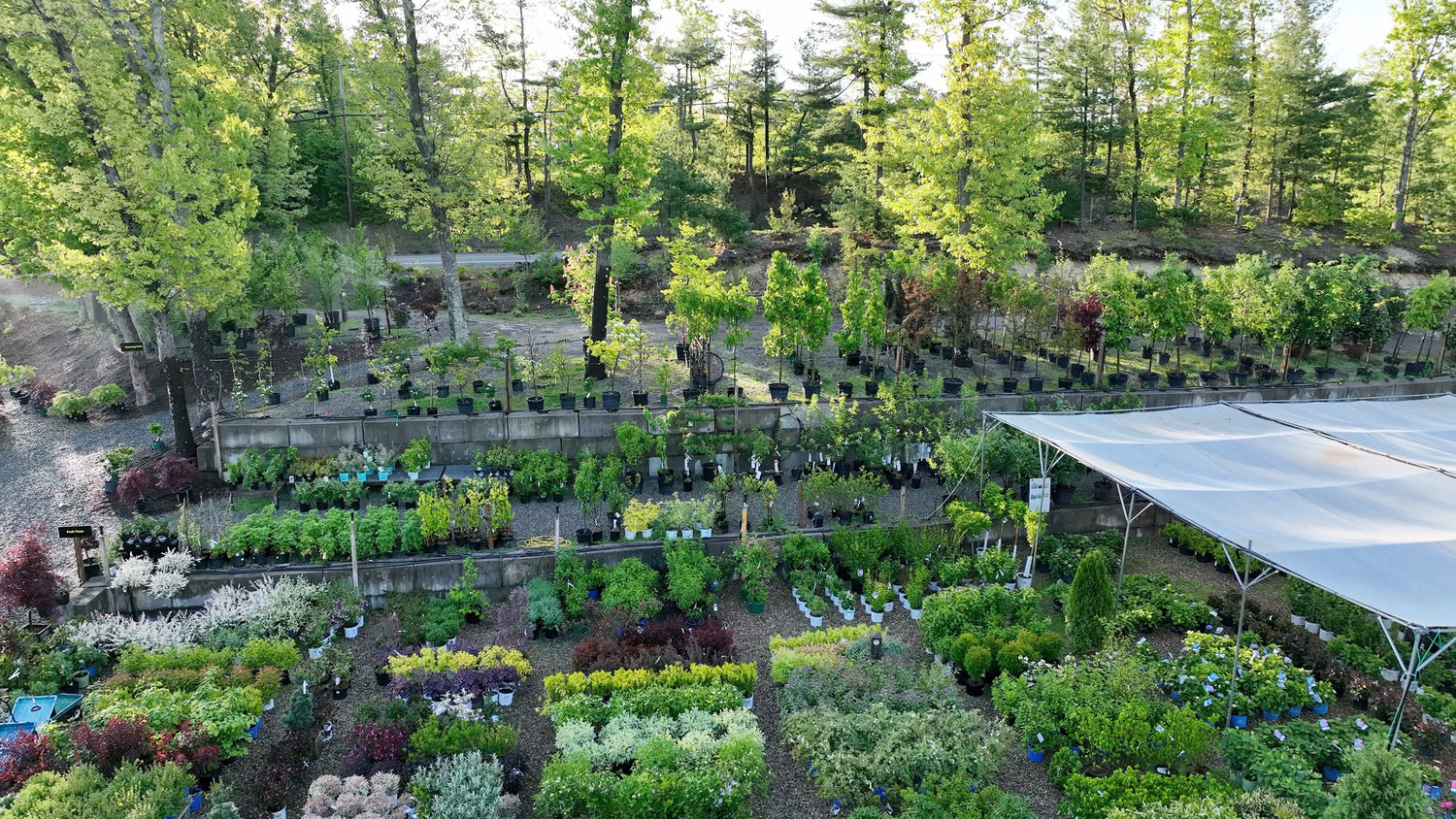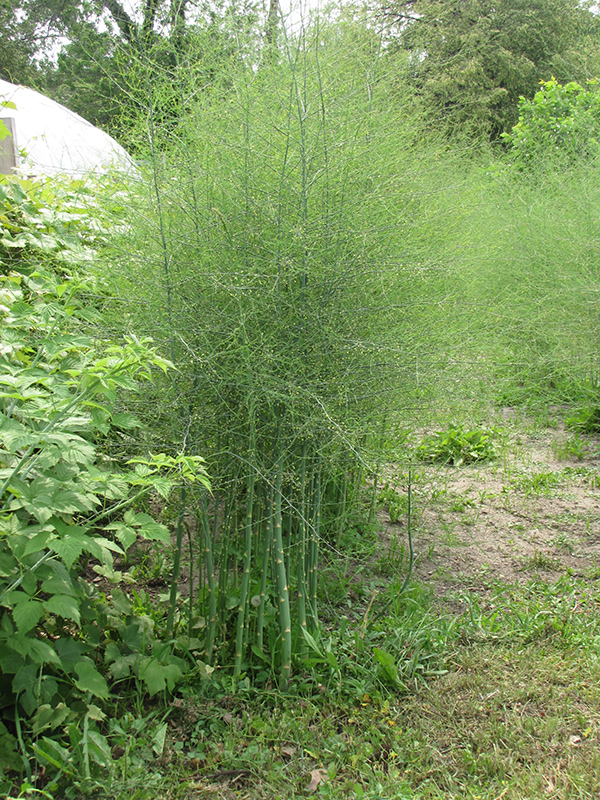Plant Guide
Height: 4 feet
Spread: 30 inches
Sunlight:
![]()
![]()
Hardiness Zone: 2b
Description:
A perennial vegetable that produces edible shoots or 'spears' that are harvested in spring; let foliage stand over winter to insulate crowns and manufacture food for a better crop, cut back in spring; fusarium resistant, enrich soil with compost
Edible Qualities
Asparagus is a perennial vegetable plant that is commonly grown for its edible qualities, although it does have ornamental merits as well. The stems are usually harvested in mid spring. The stems have a pleasant taste.
The stems are most often used in the following ways:
- Cooking
- Pickling
Planting & Growing
Asparagus will grow to be about 4 feet tall at maturity, with a spread of 30 inches. It grows at a medium rate, and under ideal conditions can be expected to live for approximately 15 years. As an herbaceous perennial, this plant will usually die back to the crown each winter, and will regrow from the base each spring. Be careful not to disturb the crown in late winter when it may not be readily seen! This is a dioecious species, meaning that individual plants are either male or female. Only the females will produce fruit, and a male variety of the same species is required nearby as a pollinator.
This plant is quite ornamental as well as edible, and is as much at home in a landscape or flower garden as it is in a designated vegetable garden. It does best in full sun to partial shade. It does best in average to evenly moist conditions, but will not tolerate standing water. It is not particular as to soil pH, but grows best in rich soils. It is somewhat tolerant of urban pollution. This species is not originally from North America.



